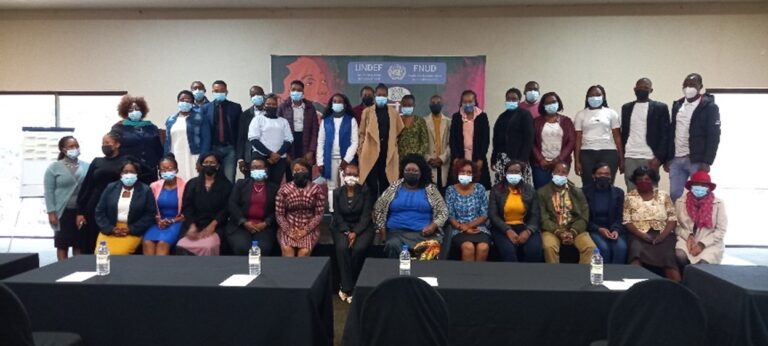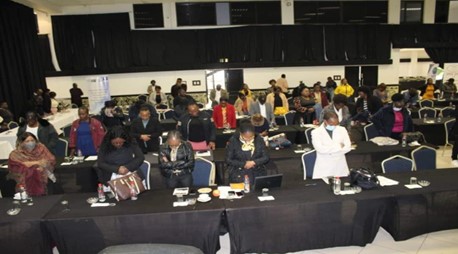Lesson Learned: Strengthening Gender-Responsive Local Government in Nepal
Citizen led accountability (CLA) monitoring is a particularly useful initiative to promote gender responsive local governance. However, institutionalizing it requires extensive capacity building of local communities to enable them to continue it independently. In the present case, while the project piloted a Citizens Report Card successfully by acquiring a consultant, the knowledge and skills transfer to the community for developing it independently and regularly would have made it locally driven and owned, as well as sustainable.
The project aims to empower Musahar women and strengthen their representation in local decision-making procedures for promoting gender-responsive local governance in two rural municipalities and two town municipalities. It will work through three main approaches:empowerment of Musahar women to claim their rights, accountability of local government authorities, and strengthening multi-stakeholder partnerships for gender-responsive local governance.


